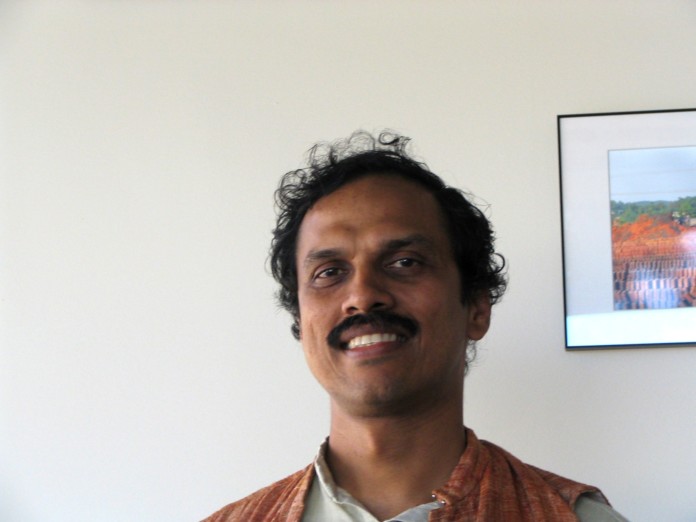Sharachchandra Lele, fellow at the Ashoka Trust for Research in Ecology & Environment (ATREE), Bengaluru, believes green tribunals are needed in every state, if not in every district in India to improve governance and compliance of environment laws. Responding to a question at the third Sustainable Smart Cities conference in Bengaluru recenty, he said a tribunal only at the centre is not enough to reduce litigation time.
“The average time taken to either acquit or penalize in a magistrate court is seven years. Public prosecutors are able to get only 15% convictions. Nobody has been jailed for pollution so far,” he said.
The first step for improving governance in a city, which aspires to become a smart city, is to ensure that the all provisions of the law and all sanctioned projects are in public domain. It will help property buyers to know well in advance whether the apartment complex has a sanction for sewage treatment plant.
Dr. Lele noted that it is far easier to manage domestic waste in a decentralized way rather than opt for a centralized system. “Treating black water and allowing gray water into the drainage system is a better system instead of mixing the two and letting them into the drainage system,” he said. This was needed because it is difficult for urban wastage infrastructure to catch up with the pace of growth of a city
like Bangalore.
Heavy Metal Baby Corns
The gross mismanagement of the Vrishabhavathi river system by the city authorities is resulting in people consuming baby corns and milk which have very high metal content like chromium, zinc, copper, lead, manganese and aluminum. This is due to effluent flow into the river from industries in the Peenya Industrial region in West Bangalore.
ATREE did an extensive field research over a year to show that industries in Peenya were letting out harmful effluents during the night, which the authorities have denied. But they are not able to explain why baby corns grown around the region have high metal content.
“Although farmers are able to reap richer crop they are not aware that their crops are laden with heavy metals,” Dr. Lele said. Because of higher value, farmers have shifted from cultivating ragi and maize to corn and fodder for the dairy industry in recent years. In the near future, high technology like sensors that detect contamination levels would be helpful but that’s some way ahead.










